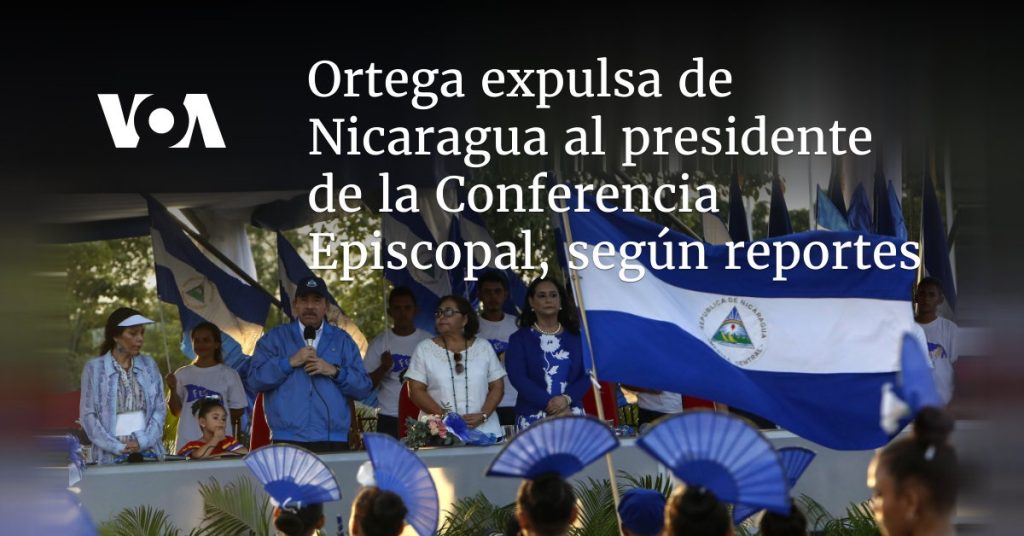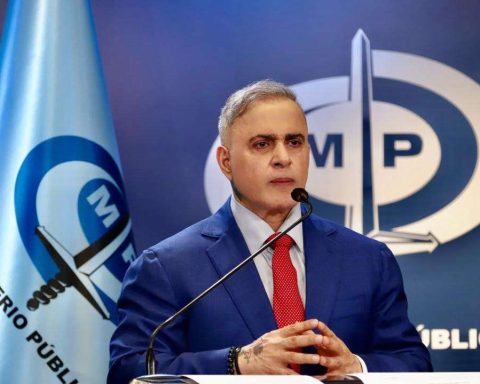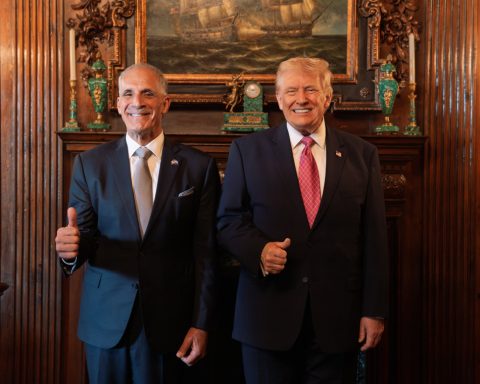The question from foreign businessmen about Mexico, which even slowed down the pace of its investment decisions this year, is what is going to happen with internal reforms, such as judicial and energy reforms, and how the United States will react to the changes, he commented. the general director of Banco Base, Julio Escandón.
“I have been in forums of national and foreign businessmen and the big question was not the impact of the United States electoral result on the commercial relationship with Mexico“But what will happen with the constitutional modifications that are being approved in the interior of the country, such as the judicial reform.”
Interviewed by The Economistadmitted that investors’ appetite for Mexico remains in the context of the relocation of businesses to export from here to the United States.
But he stressed that the issue of the popular election of judges, included in the reform, has caused a lot of uncertainty, to such a degree that they are delaying their investment decisions, and those who were already here are ready to change their contracts in such a way that the jurisdiction of litigation in the event of any difference, whether in New York.
The banker said that another collateral effect of the Judicial Reformwhich you have heard as an alternative, is that they will seek to resolve differences in conciliation, before reaching a state or federal trial.
Given the uncertainty generated by the inexperience that magistrates or judges elected by popular vote may have, if a difference is reached, it is likely that they will prefer to settle at the conciliation stage, he noted.
From their perspective, this legal uncertainty does little to help attract the productive capital that China stopped receiving and that is instead finding accommodation in countries as far away as Vietnam or Poland.
Yes, nearshoring is flowing
According to the manager, nearshoringexpanded or became more visible since the United States trade war with China provoked in the last administration of Donald Trump, which caused the relocation of companies to Mexico, in a more massive way.
If I had to pinpoint a point in time to identify this renewed enthusiasm for Mexico, it would be the ratification of the Trade Agreement with the United States and Canada.
In 2021, exports to the United States grew at a rate of 18% and on that higher base an upward trajectory has been maintained that still registered an increase of close to 8 percent last year.
The ratification of the trade agreement generated an environment of confidence in FDI in Mexico, knowing that both countries, together with Canada, would promote it,” he said.
But Mexico lets go 90% of the FDI that China no longer received
The manager of the bank who distinguishes himself in the business of currency exchange and international cross-border payments, maintained that Mexico has not managed to capture even 10% of the Foreign Direct Investment that China stopped receiving, as a consequence of the geopolitical conflicts. This despite being the best geographically and commercially located country to be considered.
Capital investment, which installs plants and companies that generate employment and multiplies growth, has found more favorable conditions to achieve a return in countries like Poland and even Vietnam, which are definitely much further away from the final market of the United States, he noted. .
“In the last six-year term, the undersecretary Gabriel Yorio promoted fiscal stimuli for FDI, as long as it was directed to the southeast of the country. But international capital really moves based on what is convenient for investors; So the incentives were seen as a type of restriction.”
If we take into account that FDI to Mexico is reaching the northern area of Mexico despite having shortages, “imagine what it would be like if we had better planning.”
To strengthen the attractiveness, a collaborative agreement between the government and the private initiative would be enough to accelerate improvements in infrastructure while the government focuses on the issue of security.

















